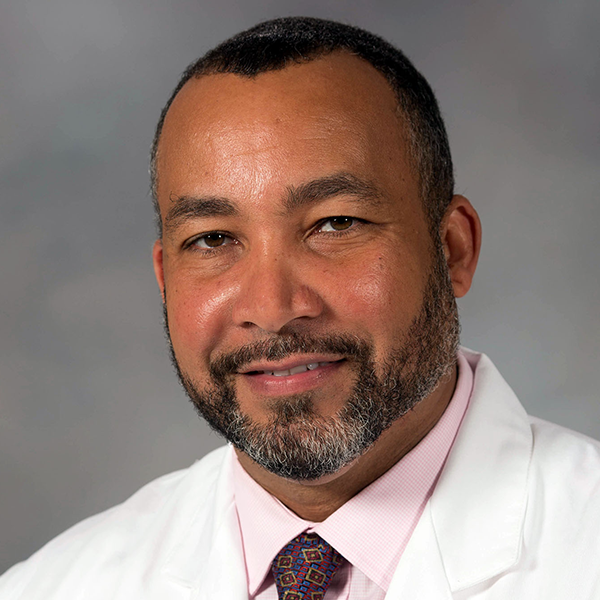Target Audience
This activity is designed to educate human immunodeficiency virus (HIV) specialists and infectious disease clinicians who are involved in the management of patients living with HIV.
Learning Objectives
Upon completion of this activity, the participant should be better able to:
- Implement the most recent guidelines on identifying, treating, and monitoring patients with HIV
- Describe the benefits of rapid antiretroviral therapy (ART) and tactics to overcome clinician and system barriers to implementation
- Optimize ART selection for treatment initiation and medication switching according to patient characteristics and comorbidities
Program Description
Since the rapid initiation of antiretroviral therapy (ART) has become more widely available, identified barriers to more widespread adoption of this approach to HIV management—whether faced by patient, provider, or health care system—now need solutions. In this case-based symposium, Dr. Richard Elion, along with Drs. Eric Daar, Seble Kassaye, and Leandro Mena, will elucidate appropriate treatment approaches that integrate established, streamlined models of care and demonstrate optimal implementation of rapid ART. Faculty will guide learners on the important role of patient navigators or linkage to care coordinators in assisting patients to successfully enroll at the clinic, navigate public or private health insurance or drug assistance programs to gain access to ART, and get referrals for needed support services, including counseling or housing assistance. Demonstrating key considerations of HIV management through cases, faculty will identify and discuss aspects of care- (eg, comorbidities, polypharmacy issues, and adverse events) associated with ART regimens in specific subpopulations, such as women or the aging population. The proliferation of treatment-switching strategies has made therapeutic selection increasingly complex; real-world cases can provide context for education on this challenging topic.
As HIV care progresses and new treatment options become available for initiating and switching ART regimens, clinicians must know the data, indications, contraindications, and potential for adverse events or drug-drug interactions when individualizing treatment plans. Within the context of these interactive cases, faculty will share relevant guideline recommendations, newly published data, and their clinical expertise.
Agenda
- Opening Remarks and Preactivity Polling
- Recent Updates to the Department of Health and Human Services (DHHS) HIV Guidelines
- Rapid Antiretroviral Therapy (ART) Protocols as a New Standard of Care
- Optimizing Adherence and Retention in Care Across Patient Types
- Staying Up to Date in an Advancing Field
- Audience Q&A




